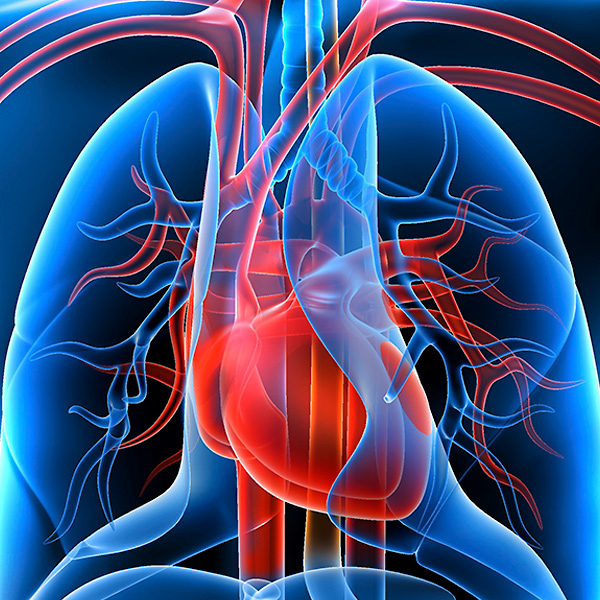Congenital Heart Surgery
Overview and Facts about Congenital Heart Surgery
Congenital heart surgery is a form of cardiac surgery used to correct a congenital heart defect. This type of defect is the most common type of birth defect. It can affect the heart’s valves or interior walls, or the veins and arteries that transport blood to and from the heart.
Often, the defect can be easily corrected. Only a very small number of babies have complicated congenital heart defects that require special surgery and treatment. Heart defects are usually detected before or soon after a child is born.
Although some babies with a congenital heart defect may not have symptoms, others may show signs, such as:
- Bluish tint to the nails and lips
- Difficulty breathing
- Severe fatigue
In some cases, the symptoms may not appear until a few days after the infant has returned home from the hospital, or even later.
What to Expect during Congenital Heart Surgery
If the child’s heart defect cannot be corrected with a catheter procedure, open heart surgery may be needed. While in some cases one surgery is enough to fix the problem, in other cases, the child may need several surgeries over a period of months or years.
Before the surgery, your child will be given general anesthesia and be connected to a heart-lung machine. This machine performs the work of your child’s heart and lungs for the duration of the surgical procedure, allowing the doctor to operate on the heart while the body’s other organs still receive oxygenated blood.
Your child's heart will be monitored throughout the surgery by a team with special equipment to ensure the child's safety so that the surgeon can focus on correcting the heart defect. Typically, this procedure takes around six hours, though sometimes it may be longer if the heart condition is complicated.
What are the Side Effects of Congenital Heart Surgery?
You should seek medical advice immediately if your child has any of the following side effects after having congenital heart surgery:
- Drainage at the site of the surgical incision
- Fever
- Inflammation
- Swelling
What are the Risks of Congenital Heart Surgery?
As with any form of open heart surgery, there is always a risk of complication. Though not common, they may include:
- Arrhythmias
- Diaphragm muscle paralysis
- Hemorrhage
- High blood pressure
- Infection
- Renal failure
- Seizures

Request an Appointment
Loyola’s expert cardiothoracic surgical team treats a wide variety of coronary, valvular, structural, aortic and thoracic conditions and diseases. Contact us today, to schedule an appointment with a Loyola Medicine cardiothoracic surgeon.
Schedule a Telehealth Appointment
